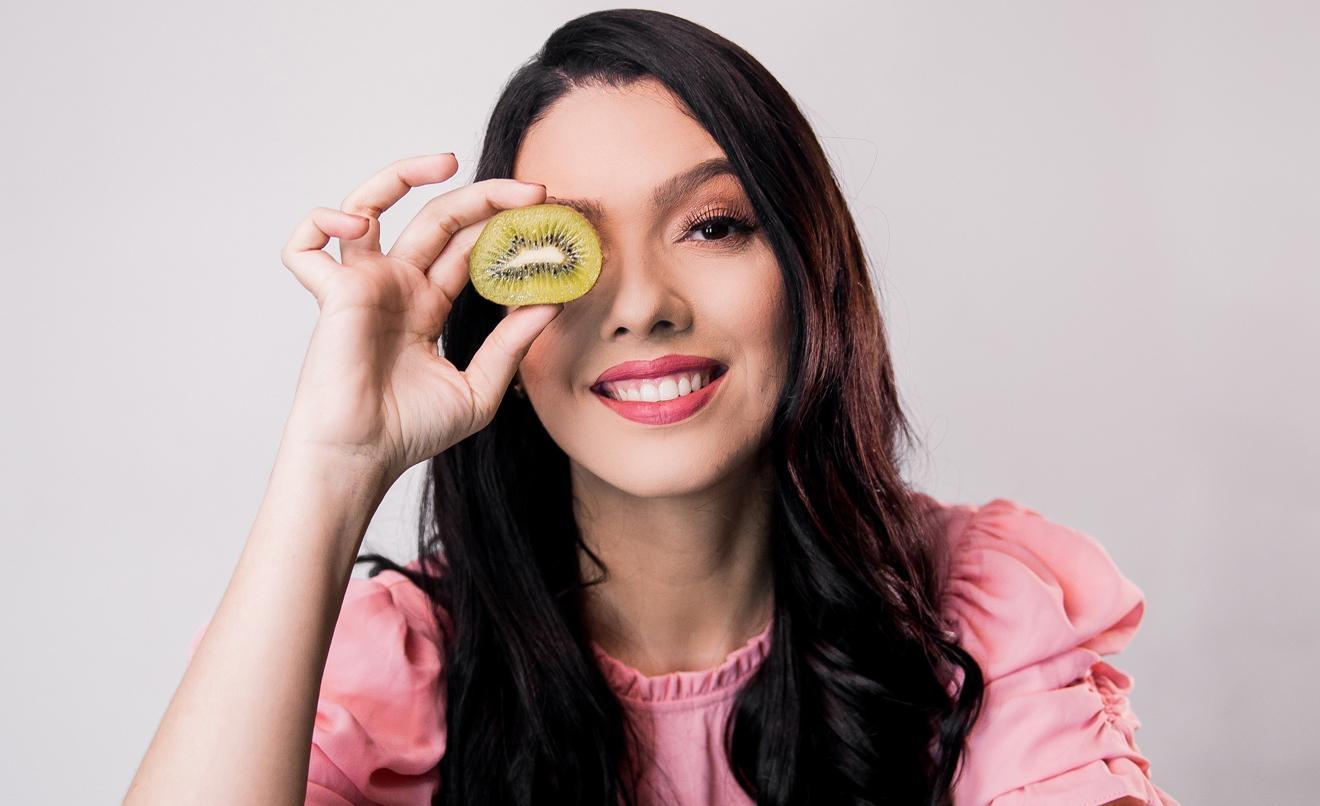
Multiple
hormones are involved in physical hunger to push us to search for food, gobble
in a hurry, and absorb quickly by replacing lost fats.
What causes physical or physiological hunger?
The main
cause is that, after some hours without eating, blood glucose drops. This turns
on some alarms designed to make us search for food: we feel sluggish, the
gastric juices activate, and we lose some concentration.
We also
tend to experience a more intense appetite when we restrict calories in excess.
Although we eat every few hours to trick the stomach, when we start to lose
fat, our body begins some ancestral adaptations to protect us from a possible shortage
of food. The hormone ghrelin is synthesized to help us replenish the fat
reserves in our bodies. Here, we may feel that we sleep worse, that we wake up
with more appetite, that we continuously want to eat caloric and appetizing
foods, that we are thirstier, and that we may be more nervous.
We often confuse this feeling with anxiety. There’s
no need to worry, but it could indicate that we are exposed to an extremely
restrictive diet, so it would be useful to make a caloric readjustment or
“refeed”.
If we are on
a weight-loss diet, we have to be guided by a professional dietitian —nutritionists
to tell them these feelings so that they give us advice on how to include a caloric
"refeed" in our plan.
What can help us tackle physical hunger?
To better
manage physical hunger, we have to include enough dietary fiber daily to
help us feel satiated (whole fruits and vegetables to chew). We need to watch the
amount of protein in our diet, as a deficient protein intake will make
us hungry even earlier. If we used to eat large amounts of food, we may find it
hard to reduce the portions in meals, even if we eat 5 times a day. In this
case, we have soluble fibers such as glucomannan or guar gum
to enhance satiety in the stomach.
Chromium is useful if we are not particularly gluttonous but
we tend to snack every few hours. This mineral is involved in human metabolism
by maintaining normal levels of glucose in blood, which delays appetite. African
mango seeds also help tackle insulin resistance, which is
involved in the sudden onset of appetite.
What is emotional hunger?
Emotional
hunger is unexpected, capricious, appears without a reason… For
instance, when we have just had dinner in a restaurant and we get hungry when
we see some delicious desserts on the table next to us. Or the sudden hunger when
walking next to a bakery and we smell the delicious aroma. Or when we see some
popcorn in the cinema’s store. Emotional hunger is not caused by a
physiological need but is a hedonic hunger that is prolonged due to the hormone
dopamine. Emotional hunger is usually selective, capricious and not satiated unless
we eat the food we want at that moment. To tackle emotional hunger, we only
need to relax, be aware that it is not “real” hunger, and look for an
alternative that has nothing to do with food.
How to tackle emotional hunger?
We can go
for a walk, in case we are bored. To resist the desserts menu, we can choose a
relaxing infusion, such as linden or lemon balm. And if we are in two
minds about eating popcorn or not while watching a film, let’s prepare our own
ones: corn, olive oil and salt (if you prefer sweet food, add a bit of cinnamon:
it is healthy and delicious).
Emotional
hunger is unavoidable when we live surrounded by food, but if it is constant
and makes you unbalance your diet, you should stop and think about how you
feel. Periods of much anxiety and stress from hard moments in life make us keener
to seek satisfaction in our food. In this case, we can get help from a valerian
or passionflower supplement, and mindful-eating is also highly
recommendable. It is about being present when eating and implementing some meditation
techniques.
If you feel that emotional hunger
dominates you, consult your dietician/nutritionist to help you with a change of
routine.